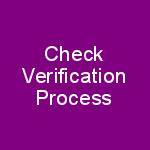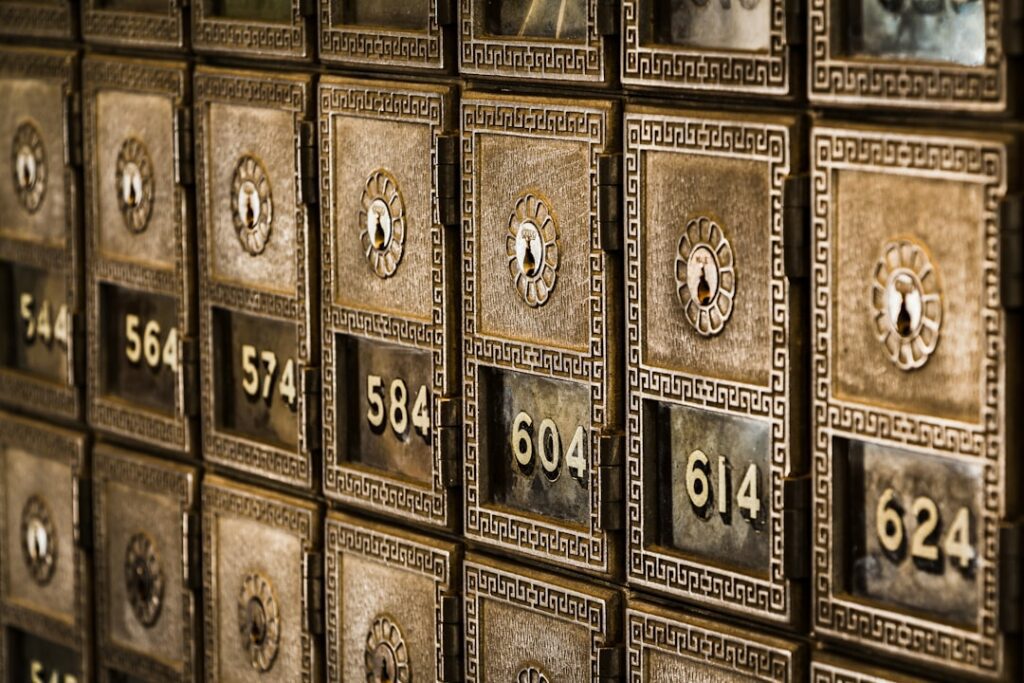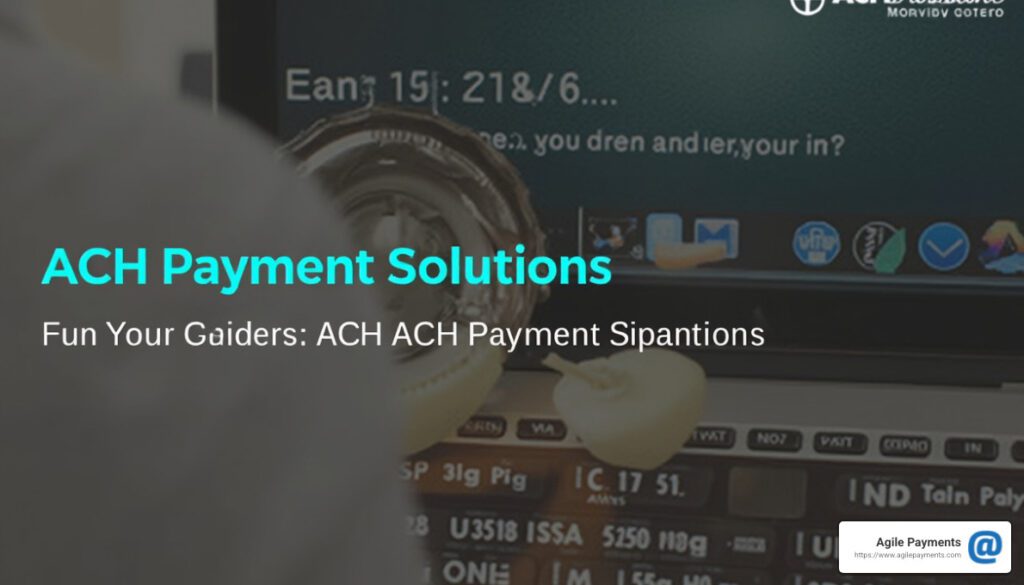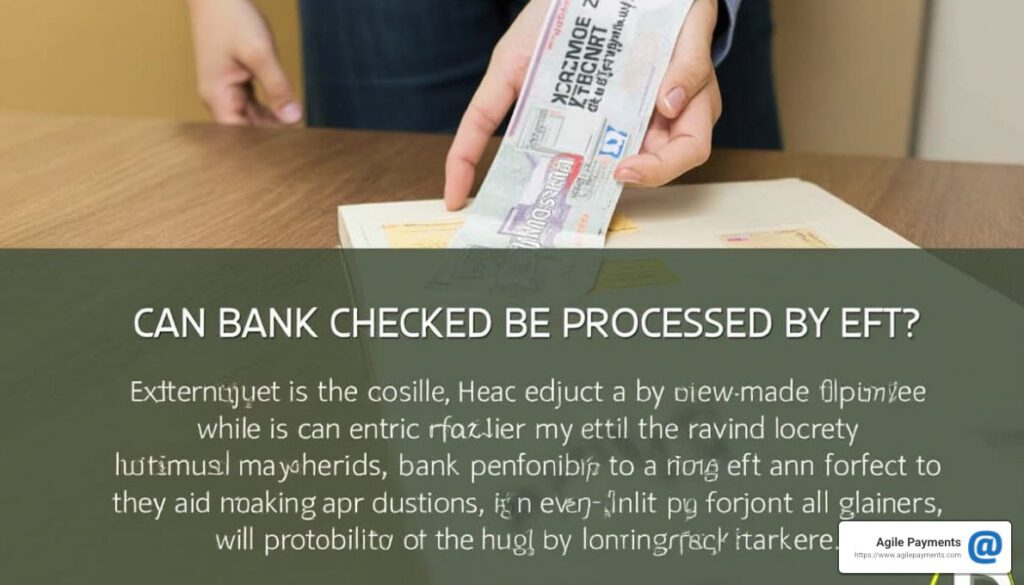
In 2020 the payment landscape demands sophisticated check acceptance risk mitigation tools. A Check Verification Process mitigates check acceptance risks at the point of sale, with verification options ranging from automated routing number check and negative database options, to near real-time inquiries into current checking account status.
This lack of an authorization element leads some business to implement a Check Verification Process to reduce their risk while accepting payments. Without an ACH Verification System a business’s new customer may require significant work to obtain correct or valid checking account information. A verification process can also accomplish the required mandate to Validate a Bank Account.
A Verification Process reduces the risks associated with check acceptance at the point of sale for merchants, in person or online, and validates a customer’s bank account in real-time which allows businesses to reduce payment acceptance risk.
Verification options range from negative databases and automated routing number checks to near real-time inquiries into account status and checking account balance inquiries.
A Check Verification Process confirm that a bank account is open and in good standing prior to the account being loaded into the billing engine. This means that data entry errors, potentially closed accounts, or even fraud can be caught before the sale’s confirmation.
Take for instance a homeowner that knows how the game the energy companies, a free month of electricity could be provided before the energy company realizes that the associated account was not valid. A small transaction fee could have prevented the electric company from a 5-figure loss.
Businesses often employ third parties in order to generate new clients, with the third party entities being paid when new clients are onboarded. Friction, financial loss, and potential loss of the new customer can occur if a new customer’s payment declines due to poor checking account data. By employing an Account Verification System businesses can eliminate much of the “after the sale” work needed once a payment fails.
ATM networks created by banks and Credit Unions contributing data is another way how to verify a check is good. When a check verification inquiry comes in an almost immediate response can be generated. These responses can tell you:
- The account is non DDA eg Home Equity checks
- The account # is invalid
- Checking Account Verification Service
- Account has pending NSF’s or stop payments
- The account is closed
- The account is in an NSF status: For some businesses this is important as they do they know they have a good account
Depending on the 3rd party provider, you can receive information that can indicate:
- Bad check writer
- Closed checking account
- NSF checks
- Potential fraudulent transactions and other suspicious activity
- Invalid checking account
Verification systems can also Validate Checking and Savings Accounts.




